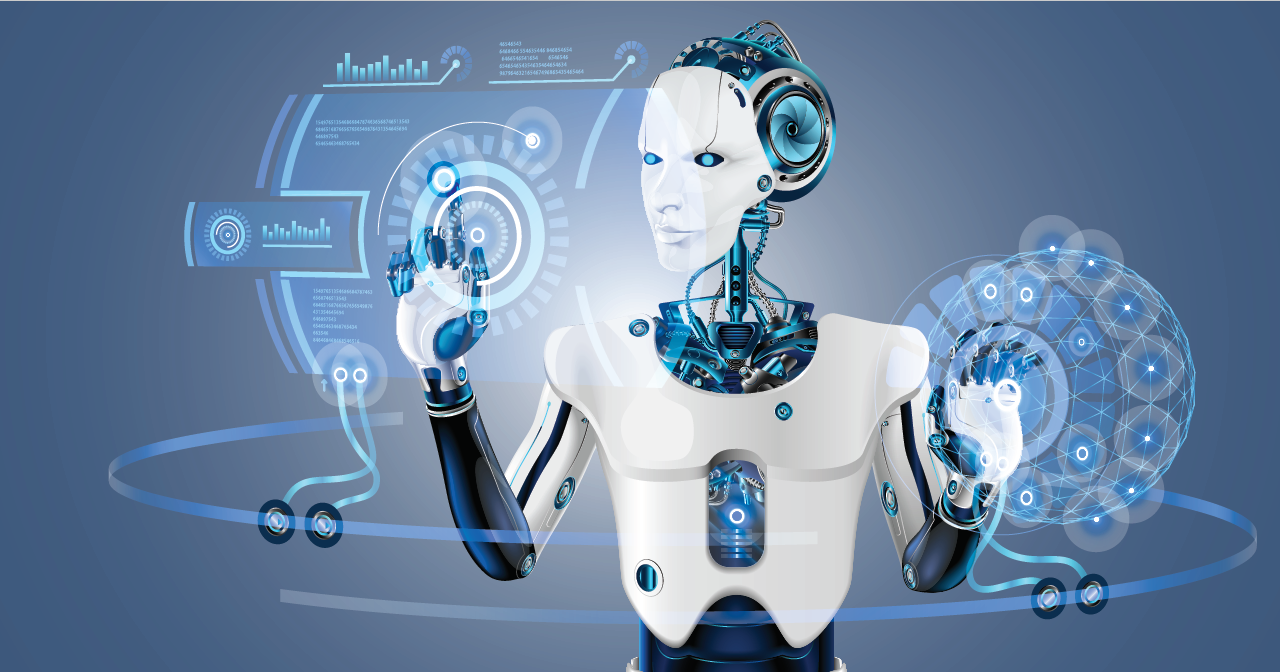In a time of technological innovation and advancement we have witnessed an evolution in the way industries function. Key players in various sectors have taken advantage of the potential of automation and robotics to streamline processes, enhance productivity and gain an edge on the market. Robotics, which encompasses the development, installation and integration of robotics solutions in various sectors are at the forefront of this transformation.
Understanding Robotics Applications
Robotics is a science and engineering field that concentrates on the design and construction of robots operations, use and maintenance. The definition of a robot is that it is a machine capable of performing tasks autonomously or with human guidance. They are built to perform complex and repetitive tasks, and sometimes in hazardous surroundings.

The robotics field goes beyond just automation. It embraces a spectrum of applications aiming to transform industries and enhance our lives. Robots are becoming more popular in a myriad of fields that range from manufacturing and healthcare to entertainment and logistics.
The rise of Automation – A Paradigm Change
Automation, particularly robotic automation, is at the core of modern industrial revolution. The integration of automated systems has profoundly changed the way companies operate. They optimize processes and boost efficiency. Automation is when robots or machines to perform tasks with minimal or no human involvement, while also leveraging technology to increase speed, accuracy, and productivity.
Robotic automation, specifically, involves the use robots to complete tasks previously performed by humans. These machines are designed to imitate human actions which makes them a versatile asset in a variety of industries. Whether it’s assembling products on a production line or performing complex surgeries in healthcare, robots are changing how work gets done.
Robotic Process Automation (RPA): Pioneering Efficiency
Robotic Process Automation (RPA) is a subset in automation is the use of robots to automate repetitive tasks that are based on guidelines within business processes. RPA employs software robots or “bots” for routine tasks, allowing human workers to focus on more complex and strategic tasks.
Incorporating RPA into business processes has proved to be an exciting development, offering agility, accuracy and cost-efficiency to a variety of sectors. RPA changes workflows across various industries including data entry, the processing of invoices and HR functions.
Fanuc Robots – a new way to innovate industries
Fanuc is one of the most prominent players in the robotics field. The company is a leader in the design and integration of robots across a variety of industries. Fanuc robots have a reputation for their reliability, precision and a wide range of applications. They are utilized across a range of industries.
By integrating Fanuc robots into their operations, businesses can revolutionize their business processes. These robots were designed to boost productivity and improve throughput, while also maintaining high quality standards. Fanuc’s products are designed with an eye at safety, keeping workers from potentially hazardous tasks.
Fanuc: the advantage in driving performance
Industries that embrace Fanuc robots gain a competitive advantage within their market. Fanuc’s robotic solutions are more efficient and effective, resulting in a greater return on investment. Automating repetitive, labor intensive tasks enables companies to redirect their employees to work that require a lot of creativity and problem-solving.
Additionally, Fanuc’s robotic solutions are tailored to meet the particular requirements of different industries. The innovative approach adopted by Fanuc in the design and implementation of robots allows companies to adjust quickly to the changing demands of markets and stay ahead of rivals, and attain sustainable growth.
Future A glimpse
Automation and robotics are expected to continue to develop as technology advances. Future developments could include better artificial intelligence, better sensors, and increased collaboration between robots and humans and humans, all of which contribute to an easier and more efficient working environment.
The final conclusion is that the integration of automation and robotics including Robotic Process Automation, Fanuc robots are revolutionizing industries. It is propelling them into the future. The efficiencies gained through robotics allow companies to not only succeed in today’s competitive landscape but also open new frontiers of technology. Automation as well as robotics will continue to have a profound impact around the globe as we enter an exciting new century.